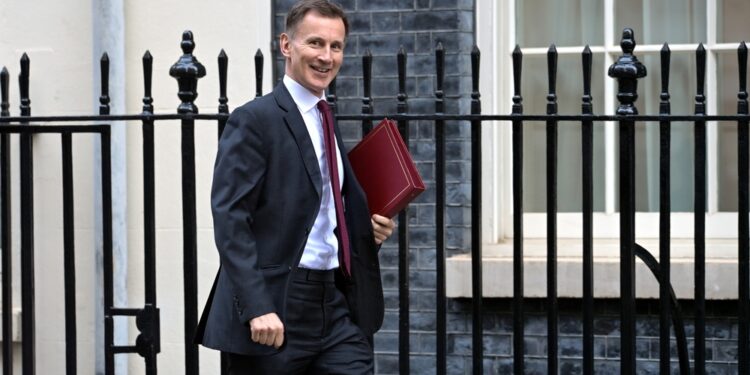Chancellor Jeremy Hunt has warned that underperforming DC pension schemes face being closed down by regulators, in a move that will see the UK workplace pension landscape emulate that in Australia.
In his Mansion House speech, made to the City last night, Hunt said: “Pension schemes which are not achieving the best possible outcome for their members will face being wound up by the Pensions Regulator.”
He clarified that as part of the Value for Money framework he wanted to shift the focus from costs to long-term value for members.
In his speech he unveiled a series of proposals designed to boost overall pension returns for UK workers. This includes details of the voluntary compact which will see major DC schemes invest up to 5 per cent of their assets in UK bioscience and fintech start ups, and other unlisted equities.
A total of nine major DC pension schemes have signed up to this compact. These are Aviva, Scottish Widows, L&G, Aegon, Phoenix, Nest, Smart Pension, M&G and Mercer.
In his speech Hunt referenced the Australian DC market, where larger ‘super’ funds have delivered superior returns for members in recent years, compared to the UK – partly by investing in more diversified assets which includes unlisted equity, and other more illiquid assets.
However regulation in Australia now means schemes that under-perform have to write to members, detailing this issue and face being wound up after just a couple of years or poor performance.
Under proposed VfM regulations smaller DC schemes will have to demonstrate they are providing value for money to members on a regular basis, when compared to larger pension providers. Those that fail to do this will have to pursue other options, such a consolidating within a master trust.
However Hunt’s comments suggest the government may want to go further than this, with regulator given more power to close under-performing DC schemes of any size.
Hunt’s speech appears to show that he wants to emulate the Australian model, not just in its investment approach, but its focus on value, increased powers for regulators to close poorly performing schemes, and a focus on further consolidation to have fewer larger players in the UK DC workplace market.
In the speech he added: “We will also set out a roadmap to encourage Collective DC funds, a new type of pension fund which we believe holds great promise for the future.”
In order to help schemes diversify holdings Hunt says the Treasury will “explore the case for the for government to play a greater role in establishing investment vehicles, building on the skills and expertise of the British Business Bank’s commercial arm which has helped to mobilise £15bn of capital into over 20,000 companies.”
He added: “We have launched the LIFTS competition, and will consider closely the bids that have already started to come in for up to £250 million of government support.
“Ahead of Autumn Statement, we will test options to open those investment opportunities in high-growth companies to pension funds as a way of crowding in more investment.”





